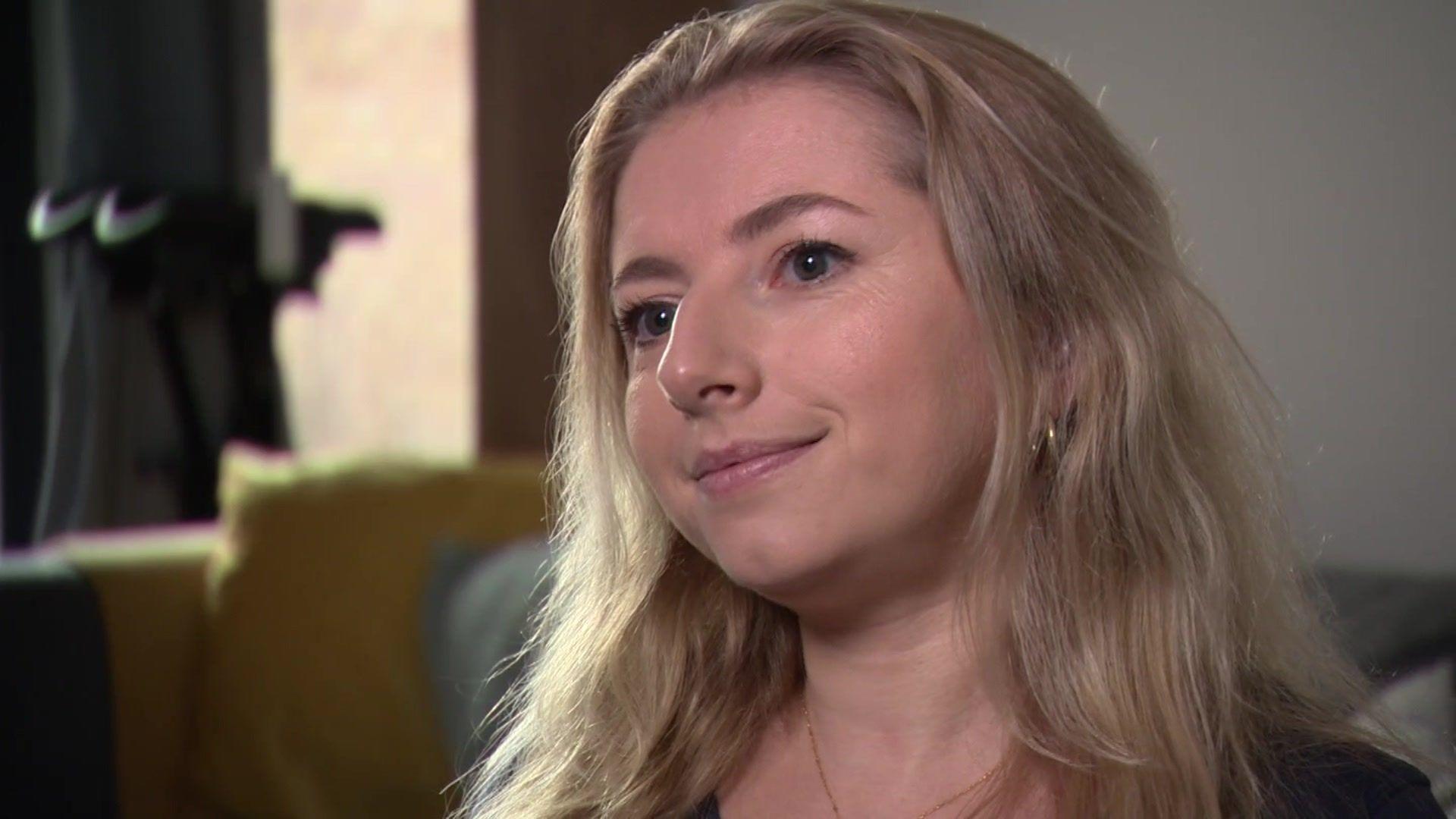'I'm a disabled homeowner - can I afford to be ill?'
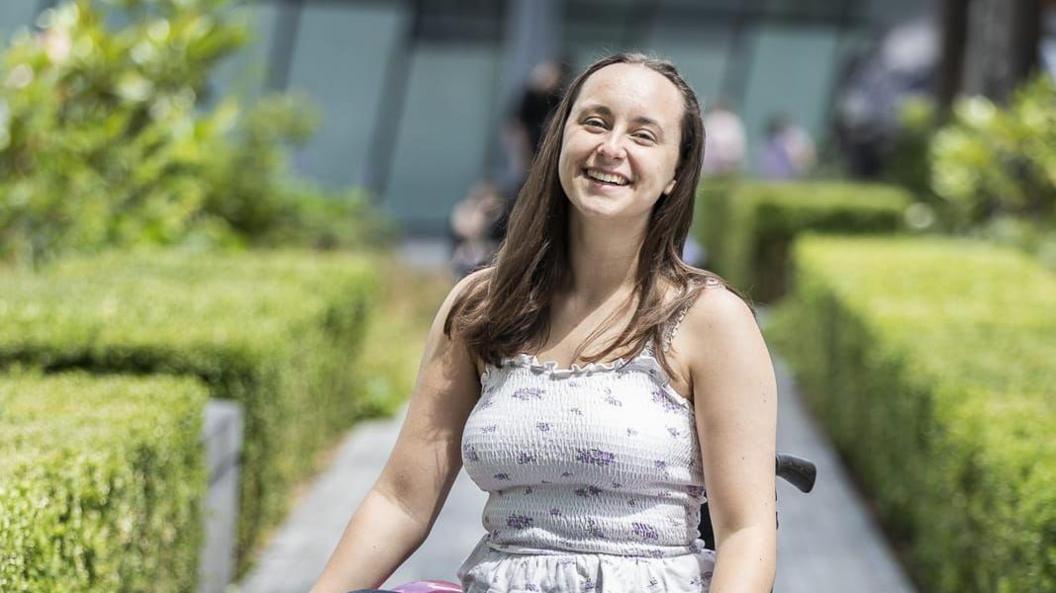
Katie Anna McConnell said she struggled to find an insurer to provide life insurance and mortgage protection insurance when she bought her first home
- Published
Buying your first home is a major life milestone, albeit one which comes with its fair share of challenges.
For access consultant and dance teacher Katie Anna McConnell, her disability means that process has been even harder.
After buying her first home, she was rejected by the major providers for life insurance, critical illness cover and mortgage protection insurance.
"Disabled people are not being given the support that non-disabled people get, and to me that is the definition of discrimination and ableism," she said.
Ms McConnell, who lives in London, was eventually able to get insured with a specialist provider, but said this would not pay out for anything related to her disability. She added that she faced significantly higher premiums.
"My disability isn't going to go away. It's a chronic illness, there is no cure for it, you don't outgrow it, you can't be treated for it.
"If I own a home, like I do now, there is no guarantee that I will be able to pay [my mortgage].
"I have to consider, can I afford to be ill? And that feels quite dystopian to me."
A spokesperson for the Association of British Insurers (ABI) said: "Under the Equality Act, insurers are permitted to take disability into account when it genuinely affects the level of risk associated with a policy.
"Depending on individual circumstances, this may influence the terms of a policy, for example through specific exclusions, pricing or availability of cover."

Just 29% of disabled adults in London are homeowners, compared with 42% of non-disabled adults
Although Ms McConnell is now insured, she feels it is not clear what her mortgage protection insurance actually covers.
"If I ever have to take time off work due to being sick with a new or terminal diagnosis, anyone can say that's linked to my chronic illness because it affects everything," she said.
"So any time I have to take off work would be classed as related to my disability and wouldn't be covered."
'Perceived as a fringe case'
Disability Rights UK policy officer Mikey Erhardt pointed out that the cost of living made it hard for anyone in London to own a home, which was further exacerbated for disabled people.
According to 2021 data from the Office for National Statistics, external, just 29% of disabled adults in London were homeowners, compared with 42% of non-disabled adults.
Its data also found disabled adults in the capital were three times more likely than non-disabled adults to be in social rented housing.
Mr Erhardt said that "even for people who can afford it, the housing system is not built to accommodate disabled people, and that is quite depressing".
He added this spoke to how disabled people were "perceived as a fringe case".
"All these things the insurers say sound reasonable, but are tantamount to saying disabled people are an unusual case, and that their lives are inherently riskier."
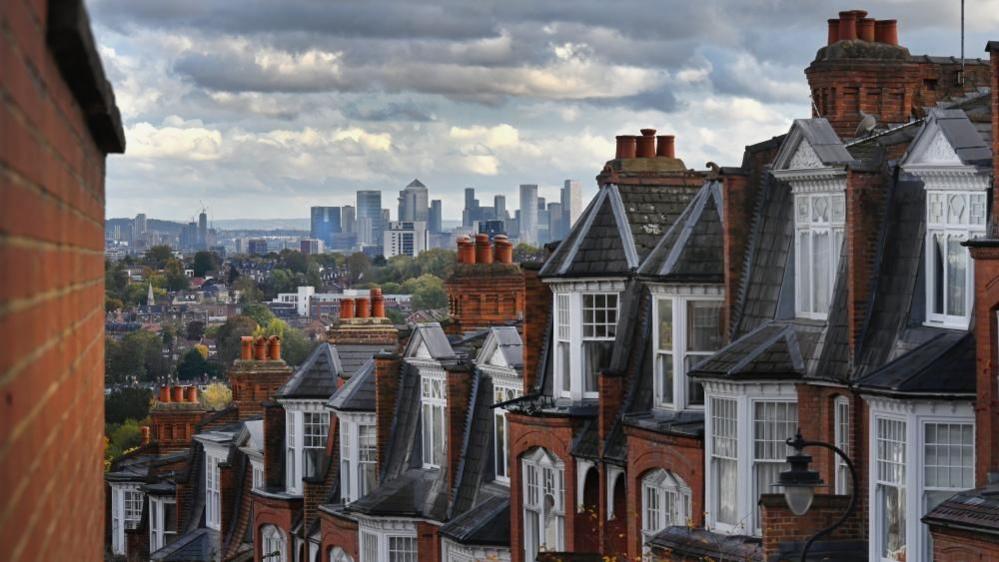
In June, the Centre for Ageing Better found that 13% of homes in England have all four accessibility features needed to be visited by someone with access needs
Ms McConnell said the government should be doing more to support disabled homeowners.
"They are harping on about getting more disabled people in employment," she said.
"Well, I'm a disabled person who's found myself an appropriate job, I work five days a week, I bought my own house, I'm contributing to the economy, I pay my taxes.
"Why is there no support for me if I ever have to take time off, when if the exact same thing happened to my non-disabled partner, they would be fine?"
A spokesperson for the Treasury said: "Everyone deserves access to the financial products and services they need.
"We expect insurers and mortgage lenders to treat customers fairly and in accordance with the Equality Act, which prohibits discrimination."
Adaptation costs
Christina McGill, director of social impact and external affairs for accessible housing association Habinteg, identified "availability, affordability and findability" as three further issues for disabled people looking to buy a home.
In June, the Centre for Ageing Better found that just 13% of homes in England have all four accessibility features needed in order to be visited by someone with access needs.
"The vast majority of English homes are quite old, so would have been built before access was even thought of as a design feature," Ms McGill said.
"Disabled people have less choice about where they live, but also face higher costs for adaptations."
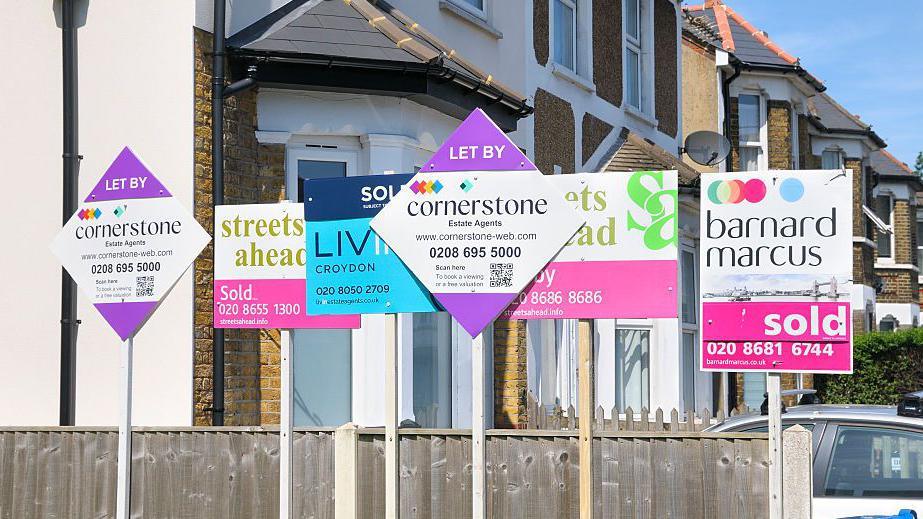
Colleen Babcock, a property expert at Rightmove, said changes to estate agent listings have helped disabled home hunters
Ms McConnell said estate agents often did not understand her access requirements, with the first property she viewed having "a massive step to get into the building" despite telling her agent she needed a step-free home.
Similarly, Andrew Gibson, who uses a wheelchair, said his son had to give up looking for accessible homes due to lack of availability, which has meant he is unable to visit his son's current home in Tooting.
Mr Gibson called the housing industry "intransigent", adding: "Things like transport have improved in the last 20 years, but I haven't seen any greater availability of accessible housing."
Attzaz Rashid, head of design at residential developer Barratt London, said this feedback was "all too familiar", but that accessibility was becoming "a fundamental aspect of how we design homes".
"If you're trapped in a home which doesn't meet your needs, you aren't able to live with the same dignity as everyone else, and can't live with the independence that non-disabled people take for granted," he added.
Rightmove and Zoopla, two of the UK's main property websites, both said they offered features like 'level access' and 'wet room' to include on listings, but that whether to include these is up to the estate agent.
Colleen Babcock, a property expert at Rightmove, said improvements in estate agent listings in recent years have aided accessibility, including video walkthroughs, better photos and floor plans, but added that "there is still more work to be done".
Listen to the best of BBC Radio London on Sounds and follow BBC London on Facebook, external, X, external and Instagram, external. Send your story ideas to hello.bbclondon@bbc.co.uk, external
Related topics
- Published12 August
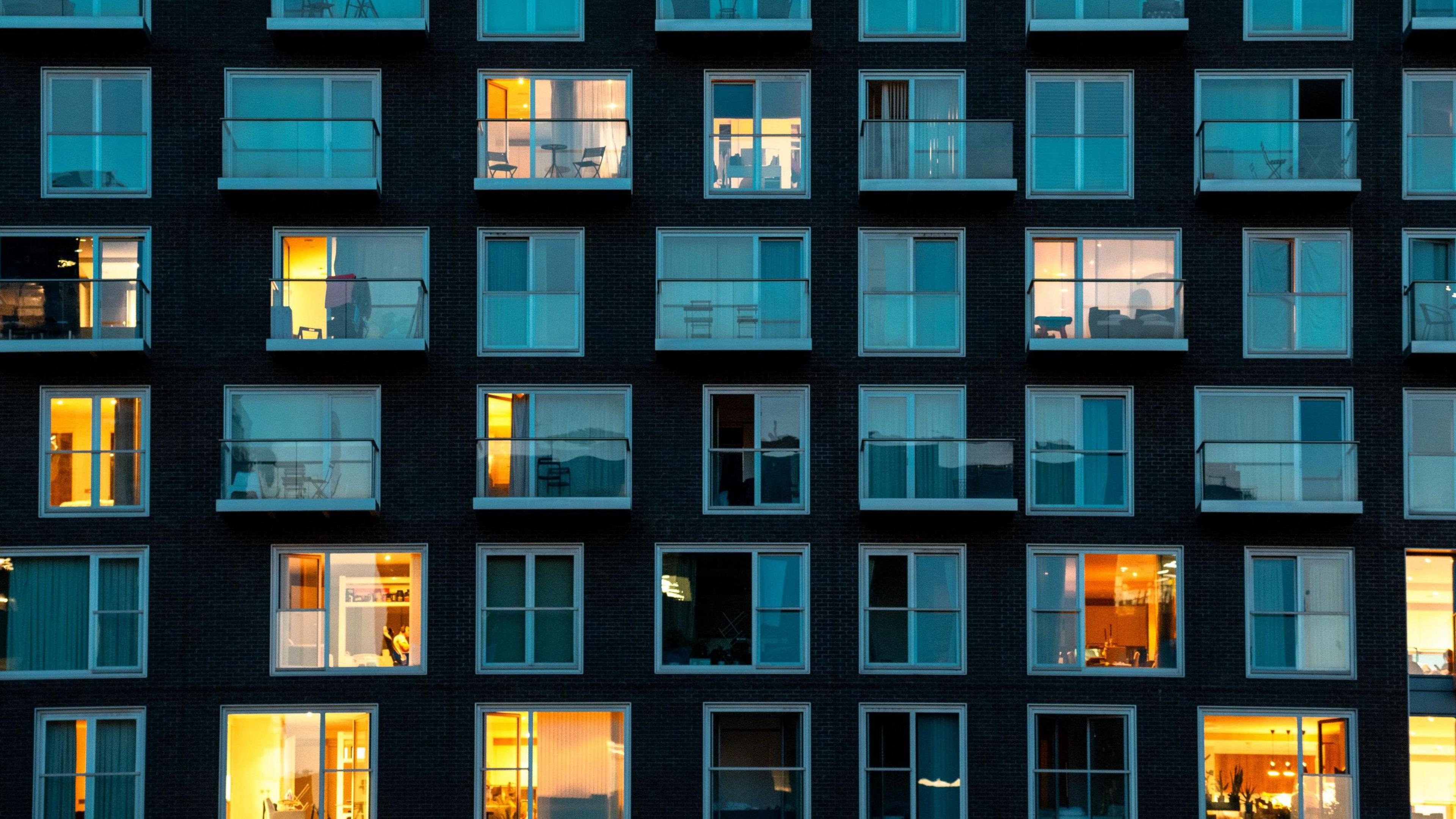
- Published13 October
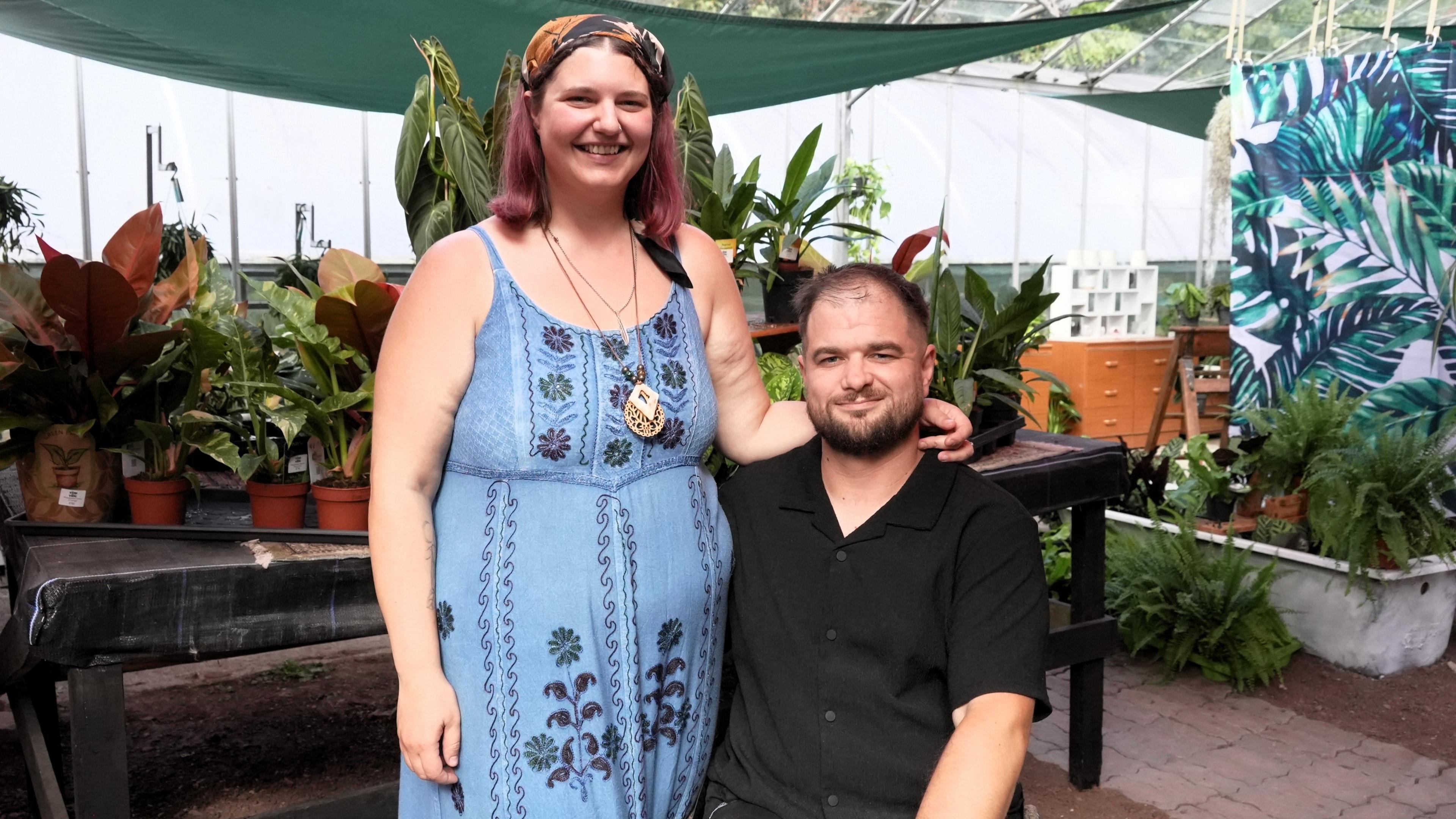
- Published9 February
